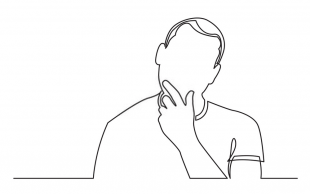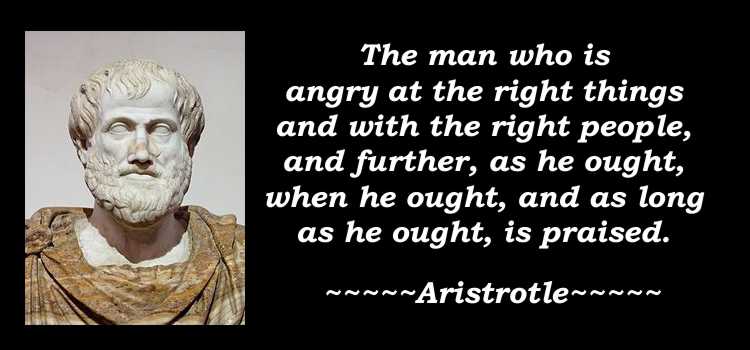Most of us believe that anger is a negative emotion and it’s ‘bad’ to get angry. Research results show that anger can lead to behavioural breakdown and health-related issues.
There are some people who associate anger with love; in effect equating lack of anger with lack of love. For example one of my clients recently told me, “I feel my husband doesn’t love me because he doesn’t get angry at the way his parents treat me.”

This then brings us to a very important question.
Is anger really bad?
Aristotle, the philosopher, thought “anger was good for a person.”
In the “Nicomachean Ethics,” he wrote,
The man who is angry at the right things and with the right people, and further, as he ought, when he ought, and as long as he ought, is praised.
Like many other things, Aristotle may be right about this one as well.
So let us explore the question “What is Anger?”

Firstly, in order to understand anger, one needs to distinguish between anger as an emotion and the way this emotion is expressed. This is important because most of the side effects attributed to anger are not really about the emotion but the manner in which anger is expressed, directed, or suppressed.
Definition: Anger as an emotion
Anger as an emotion can be defined as the way you feel when you believe that someone deliberately or through indifference has treated you or someone you care for rudely and/or unfairly.
In most cases, a person feels so when someone else fails to fulfil or meet their expectations.
In short, we feel angry when we fail to accept that someone is either unable or unwilling to fulfil our expectations.
Let us quickly look at the relationship between Lack of Acceptance and Anger
When we don’t accept people for who they are, it creates an illusion that we can mould them to fit our ideals and expectations. If they fail to fulfil our expectations, we feel angry and tend to blame them for not understanding us.
What really happens is :
- We ourselves are unable to express our expectations in a way in which the other person understands the importance of these expectations for us,
- And/or we are unable to accept the other person’s choices or capabilities.
But what is the Purpose of Anger?

If we were to take this further, we could also say that the purpose of anger is to help us become aware of the fact that we are unable to accept someone for who they are.
How does understanding what is anger, help?
Once I understand this, managing anger becomes easier.
You may wonder, HOW?
The answer is quite simple. The next time when I feel angry, I check what is it about the person that I’m not able to accept. Once I accept people for who they are, I don’t expect them to do things that they wouldn’t do.
Now if I don’t have those expectations, the anger doesn’t come up.
What is acceptance?
Acceptance does not mean that we agree with what is happening or that we believe it must continue… Acceptance means that we are able to look into the face of the present and say, ’I see you, and I acknowledge you are here.’
How is acceptance useful in the context of anger?
Once I accept that someone is unable or unwilling to do what I would like him or her to do, I can choose the next step. These steps could include:
- Doing it myself or
- Find someone else who would be willing to do the same thing or
- Would be fine with the thing not being done
Some clarifications that are important to make
- In this post, we are talking about anger due to another person’s actions or inaction.
- If the anger is directed towards self, it is a result of guilt. You can read more about guilt and the way to deal with it by going through the post on guilt.
- If the anger is about a situation, it is generally a result of frustration and helplessness. We will soon be adding a post on understanding helplessness and dealing with it.
- We have tried to present the concept of acceptance in brief here. You can also read a detailed post about acceptance.
So, in the end, I would like to ask you
Now that you know what is anger and that its purpose is to help us become aware of us not being able to accept someone, is anger really bad?
If you or someone you know has been struggling with anger, you book a session with our specialists by calling us on +91-8080-2084-73
If you are a psychologist who would like to develop advanced therapeutic skills based on an eclectic approach to therapy, you must search for the Cognitive Hypnotic Psychotherapy® Program.

